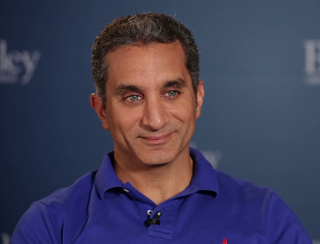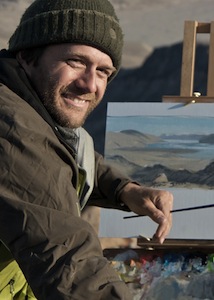A Quote by Michael Winterbottom
There's still a 1950s view of cinema, that there's one audience and they all want to see the same thing.
Related Quotes
I had seen 'Do the Right Thing' when I was at college, and it was incredibly inspiring as a piece of cinema. Just brilliant, I thought. But saw 'Malcolm X' with a crowded audience. It was my first time in an American cinema, hearing an audience respond. You know, in England, everyone is so restrained.




































